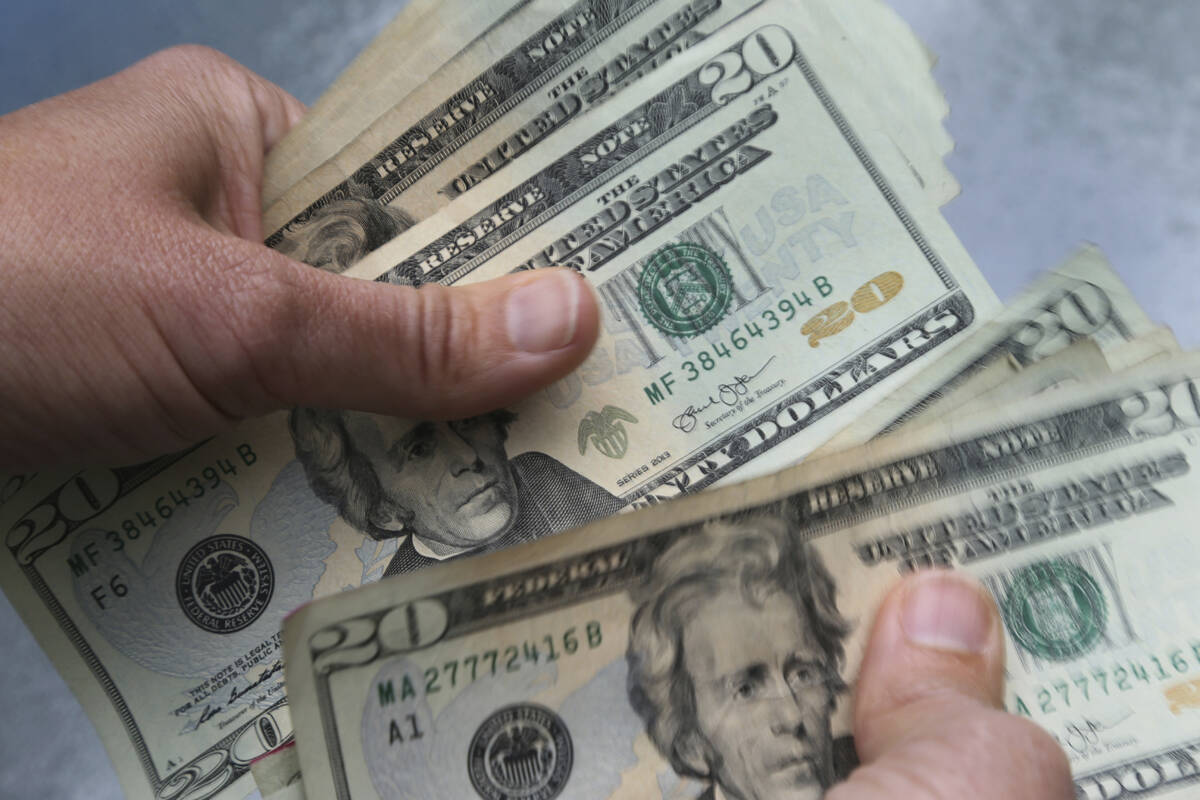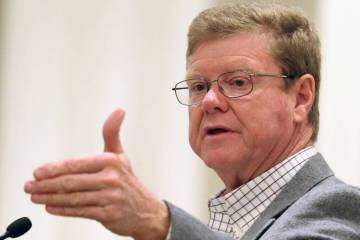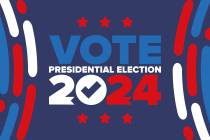New Nevada initiative aims to curb predatory lending
For some Nevadans who take out single-payment loans to make ends meet before their next paycheck, the interest rates are too high for them to pay back. They must take out another loan to cover what they previously owed, leading to a spiral of debt nearly impossible to escape.
An initiative petition filed last week by a recently formed nonprofit called Stop Predatory Lending NV aims to change that.
The initiative proposes to amend Nevada statutes by implementing a 36 percent annual cap on interest rates for certain loans and further protecting people’s assets from seizure for a debt.
The cap would apply to short-term loans such as deferred-deposit transactions, or “payday loans,” which are small amounts of money lent out at a high interest rate to be paid back when the borrower receives their next paycheck.
It also would protect $5,000 of savings in a personal bank account from being seized to pay off debt, as well as $850 of wages in any work week. As the law stands now, $400 of savings in a bank account and $369 in wages are protected, according to the ballot initiative.
Nevadans who take out a payday loan pay an average interest rate of 548 percent, according to the Center for Responsible Lending. Payday lenders charge large fees to borrowers without assessing their ability to repay, according to the center.
“With no interest rate limit on these loans, Nevada is currently one of the worst states in the country for predatory lending practices,” Stop Predatory Lending NV spokesperson Peter Koltak said in a statement. “Nevadans deserve better. This initiative will provide meaningful protections for Nevada families by capping rates on short-term loans and better protecting assets from unscrupulous debt collectors.”
Between February 2022 and February 2023, Nevadans took out nearly 130,000 deferred-deposit loans, and around 15 percent were paid after the due date, according to state data. The data does not show how many of the loans were ultimately paid by people taking out additional ones, but it shows nearly 15 percent were incurring more interest and fees than the initial finance charges.
Signatures are due Nov. 20. If it collects the necessary 102,362 signatures — with about 25,600 coming from each of the state’s four congressional districts — the Legislature would have the opportunity to pass the measure, according to the secretary of state’s office. If the Legislature fails to pass the measure, it would go before voters in 2026.
Similar policies have been brought forward by other states. In 2016, South Dakota voters approved a 36 percent cap for payday loan interest rates, with around 75 percent voting in favor. Colorado passed a similar measure in 2018, and a few state legislatures have passed legislation recently that either prohibits or curtails short-term, small-dollar lending, according to Hudson Cook.
Contact Jessica Hill at jehill@reviewjournal.com. Follow @jess_hillyeah on X.






















